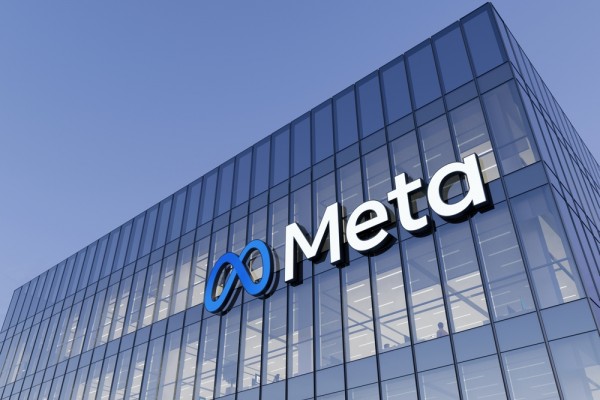Meta's plans to scrap fact-checking in US will lead to UK and EU clash
10/01/2025 | The Guardian
Meta Platforms faces significant backlash from UK and EU lawmakers following CEO Mark Zuckerberg's controversial decision to eliminate fact-checkers in the US on its Facebook, Instagram, and Threads social media platforms. This policy shift, which allows users to police content through a "community notes" system similar to that adopted by Elon Musk's X platform, has raised concerns among experts and politicians about the potential spread of misinformation, especially concerning sensitive topics such as health, elections, and conflicts.
Chi Onwurah, a Labour MP and chair of the science and technology committee for the House of Commons, expressed her fears about the implications of this move, highlighting the need for protection against harmful misinformation. The changes also include new guidelines that permit derogatory language regarding transgender individuals, prompting further outrage. Former UK technology minister Damian Collins warned of potential challenges to the Online Safety Act 2023 (OSA) from the incoming Trump administration, suggesting that pressure could be exerted on the UK to conform to US digital regulation standards.
Meanwhile, in response to Zuckerberg's criticisms of the EU Digital Services Act (DSA), European officials firmly rejected claims of censorship. Legal experts predict that Meta will encounter stringent regulatory scrutiny if similar changes are implemented in Europe. Valérie Hayer, a European MEP, criticised the abandonment of fact-checking as a strategic error. At the same time, Oliver Marsh, head of technology research at the Berlin and Zurich non-profit Algorithmwatch, highlighted potential violations of EU regulations, raising questions about Meta's accountability. and the likelihood that Zuckerberg would "refuse to comply with any enforcement action to impress Trump." If such a situation comes to pass, the EU may have to "decide if it has the powers to ban Meta."
A related article in the Financial Times (£) highlighted the potentially unresolvable situation between trying to create a fully open, uncensored online environment while providing an environment where users can feel safe and protected. Currently, Meta's changes will only impact US users. However, Zuckerberg indicated that this shift could have global implications, particularly with his criticisms of countries that impose stricter censorship on US companies and restrict American values about free speech. Such a stance may clash with cultural norms and legal frameworks in other jurisdictions.
In a post responding to the news, the Open Rights Group (ORG) analysed Meta's loosening of moderation rules in relation to its potential effects on the types of articles that could now be promoted through the company's algorithms, as well as the implications for free and fair elections, competition and legislation such as the OSA and the DSA.
£ - This article requires a subscription.

What is this page?
You are reading a summary article on the Privacy Newsfeed, a free resource for DPOs and other professionals with privacy or data protection responsibilities helping them stay informed of industry news all in one place. The information here is a brief snippet relating to a single piece of original content or several articles about a common topic or thread. The main contributor is listed in the top left-hand corner, just beneath the article title.
The Privacy Newsfeed monitors over 300 global publications, of which more than 6,250 summary articles have been posted to the online archive dating back to the beginning of 2020. A weekly roundup is available by email every Friday.

